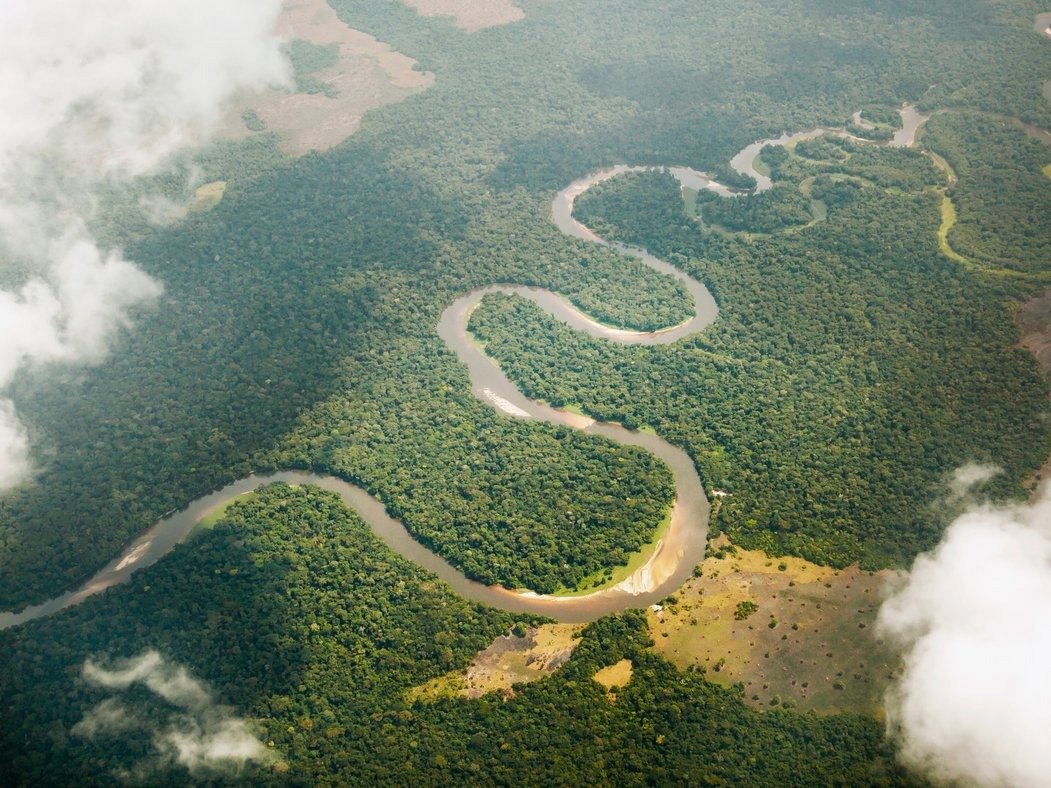An Essential Guide to Africa
Geography
Africa is the world's second-largest continent, spanning over 30 million square kilometers. It's bounded by the Mediterranean Sea to the north, the Indian Ocean to the southeast, and the Atlantic Ocean to the west. The continent is known for its varied landscapes, including deserts, savannas, jungles, and mountain ranges.
Deserts: The Sahara, the largest hot desert in the world, stretches across North Africa. The Kalahari and Namib deserts are located in southern Africa.
(c) ZHOUYOUSIFANG/GETTY IMAGES
(c) GETTY IMAGES
Rivers: The Nile, Congo, and Niger are some of the longest rivers in Africa.
Mountains: The continent is home to various mountain ranges, such as the Atlas Mountains in the north and the Drakensberg in the south. Mount Kilimanjaro in Tanzania is Africa's highest peak.
Countries and Regions
There are 54 recognized countries in Africa, and they're usually grouped into regions like North Africa, West Africa, East Africa, Central Africa, and Southern Africa. Each region has its unique cultures, languages, and traditions.People and Culture
Languages: Africa is incredibly linguistically diverse, with over 1,250 to 2,100 languages spoken across the continent.
Religions: Various religions are practiced in Africa, including Islam, Christianity, and traditional African religions.
Cultural Heritage: The continent is rich in cultural heritage, with influences from various ethnic groups, colonial history, and modern globalization.
Economy
Africa's economy is multifaceted, with a mix of agriculture, industry, mining, and services. Some nations have significant natural resources like oil, gold, and diamonds. The economic development across the continent is uneven, with countries like Nigeria, South Africa, and Egypt having some of the largest economies.
Wildlife
Africa is renowned for its incredible biodiversity. Famous for its "Big Five" – elephant, lion, buffalo, leopard, and rhinoceros – the continent is home to many unique species that do not exist elsewhere on Earth.
Challenges
Despite its rich resources and potential, Africa faces several challenges, including political instability in some regions, poverty, lack of access to education and healthcare, and environmental issues such as deforestation and desertification.
Modern Developments
Many African countries are experiencing growth and development, with investment in infrastructure, education, technology, and other sectors. There is a growing awareness of the need to address social inequalities and promote sustainable development across the continent.In conclusion, Africa is a vibrant and diverse continent with a rich history and promising future. Its cultural, geographical, and biological diversity makes it an exciting and multifaceted place to explore or study.























